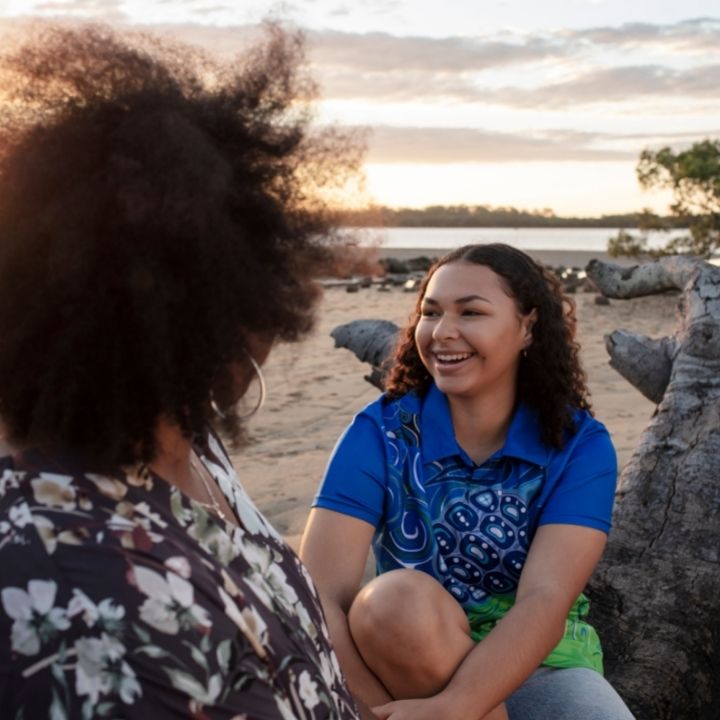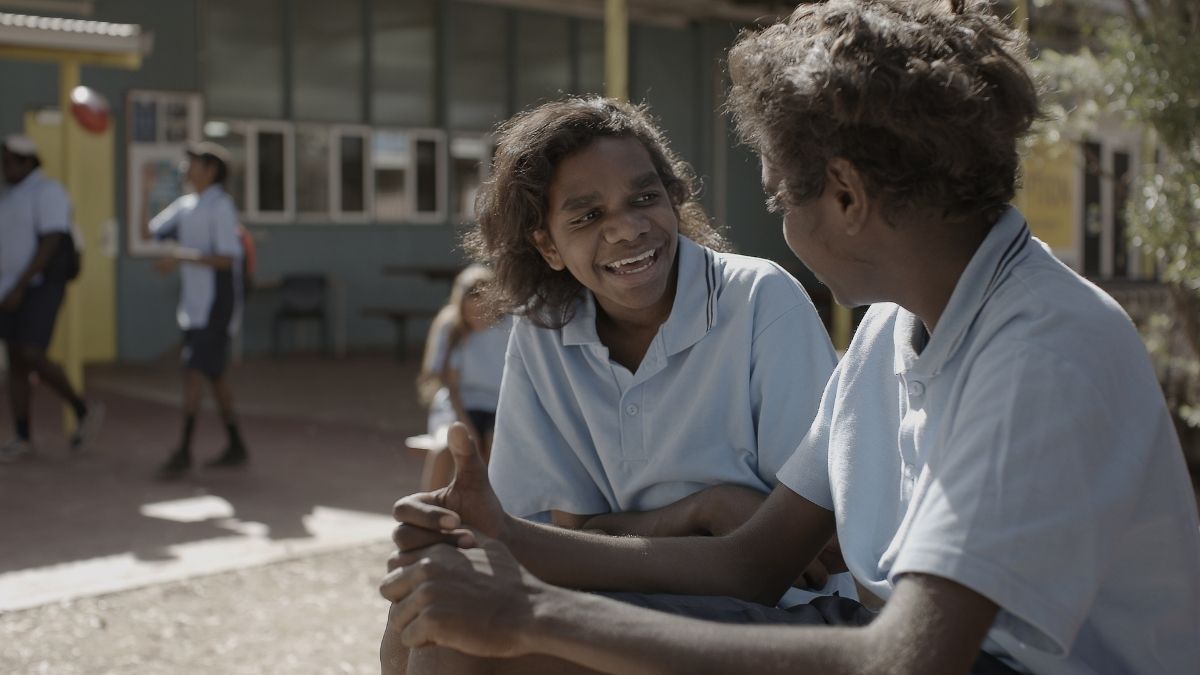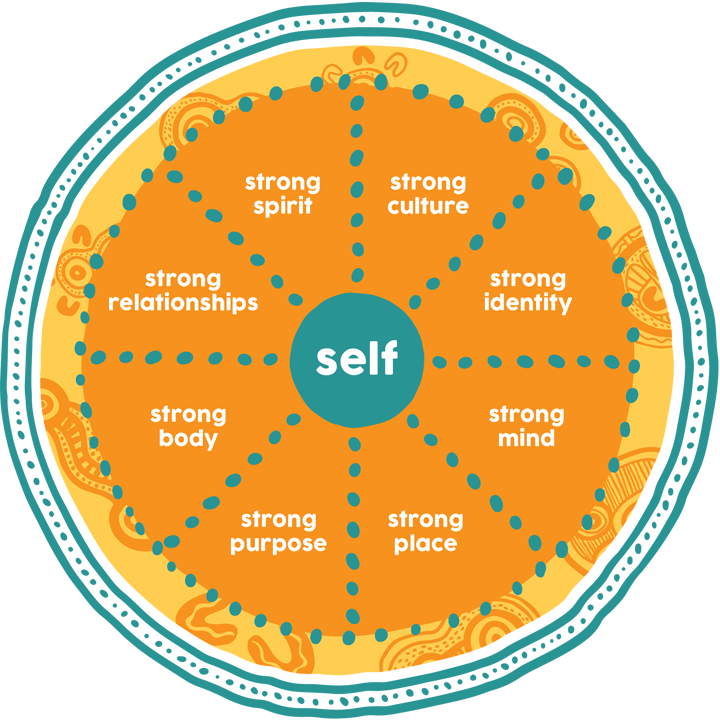What is it?
Our relationships give us support, guidance, strength, energy, and love. We might have strong relationships with family, friends, peers, colleagues, coaches, mentors, teachers, or managers. For many, these relationships extend further to include totems and country.
Your strong relationships should be meaningful to you. You should feel you are accepted and valued without having to pretend to be someone you are not. Your strong relationships should help protect you and not expect you to do things that are detrimental to your safety, security, and overall wellbeing.
How to look after strong relationships
Having strong relationships requires some work. The more you treat others with respect, kindness, love, integrity, and truthfulness the more likely you are to receive this in return and have strong relationships as people will treat you in the same way. Strong relationships require time, patience, a willingness to negotiate and compromise, and most of all they require your acceptance of yourself and others. Be willing to help those you have relationships with and to give to others rather than just take from others, and this will come back to benefit you.
What can impact on strong relationships
If a relationship doesn’t make you feel good, then it probably isn’t good for you. There’s no shame in stepping away from an unhealthy relationship, be it for a short time or for good.
Relationships fall apart when there is no give-and-take. Sometimes people just take and take and this leaves others around them feeling used and flat. Being jealous of a partner’s friendships despite the love they give you, is a good example of this.
Another barrier to building strong relationships is being unwilling to accept help. This can make people who are trying to help feel rejected or devalued.
Being accepting of others for who they are is also really important to maintaining strong relationships. It’s easier to choose who you want to be with than to try change others into the person you wish they would be. And it's probably going to save a bunch of hurt in the long run.
The below resources are a good starting point if you would like to know more about relationships and how to keep these strong. Remember, even if you have not had the opportunity to learn about all your connections to date, it is your right to learn. You can choose to do this at whatever time in your journey.
- Australians Together - Indigenous Kinship
- headspace - Strong and safe relationships
- Australian Government - Researching your Indigenous Ancestors
- headspace - Download and create your own Stronger You wheel
- WellMob - Social, emotional and cultural wellbeing online resources for Aboriginal and Torres Strait Islander People
If you feel like you could do with some more help in maintaining your strong relationships you should yarn to someone you trust. You could try the social and emotional wellbeing counsellor at your local Aboriginal or Torres Strait Islander health service, your school guidance counsellor or Chaplain, or your workplace's employee assistance provider (EAP). You may also like to yarn with someone at Relationships Australia or headspace.
Discover the wellbeing wheel
This resource has been developed in partnership with the headspace Aboriginal and Torres Strait Islander Youth Reference Group (Womenjeka Reference Group), Marumali Consultations, the headspace National Aboriginal and Torres Strait Islander Advisory Group and headspace National.
The headspace Clinical Reference Group oversee and approve clinical resources made available on this website.
Last reviewed 1 July 2021.
Wellbeing wheel reference:
Gee, G., Dudgeon, P., Schultz, C., Hart, A, & Kerrie, K. (2014).Aboriginal and Torres Strait Islander Social and Emotional Wellbeing. In P. Dudgeon., H. Milroy, & R. Walker (Eds.), Working together: Aboriginal and Torres Strait Islander mental health and wellbeing principles and practice (2nd Ed.) (pp. 55-68). Canberra: Commonwealth of Australia.
Get professional support
If you feel you need help there are a range of ways we can support you.



